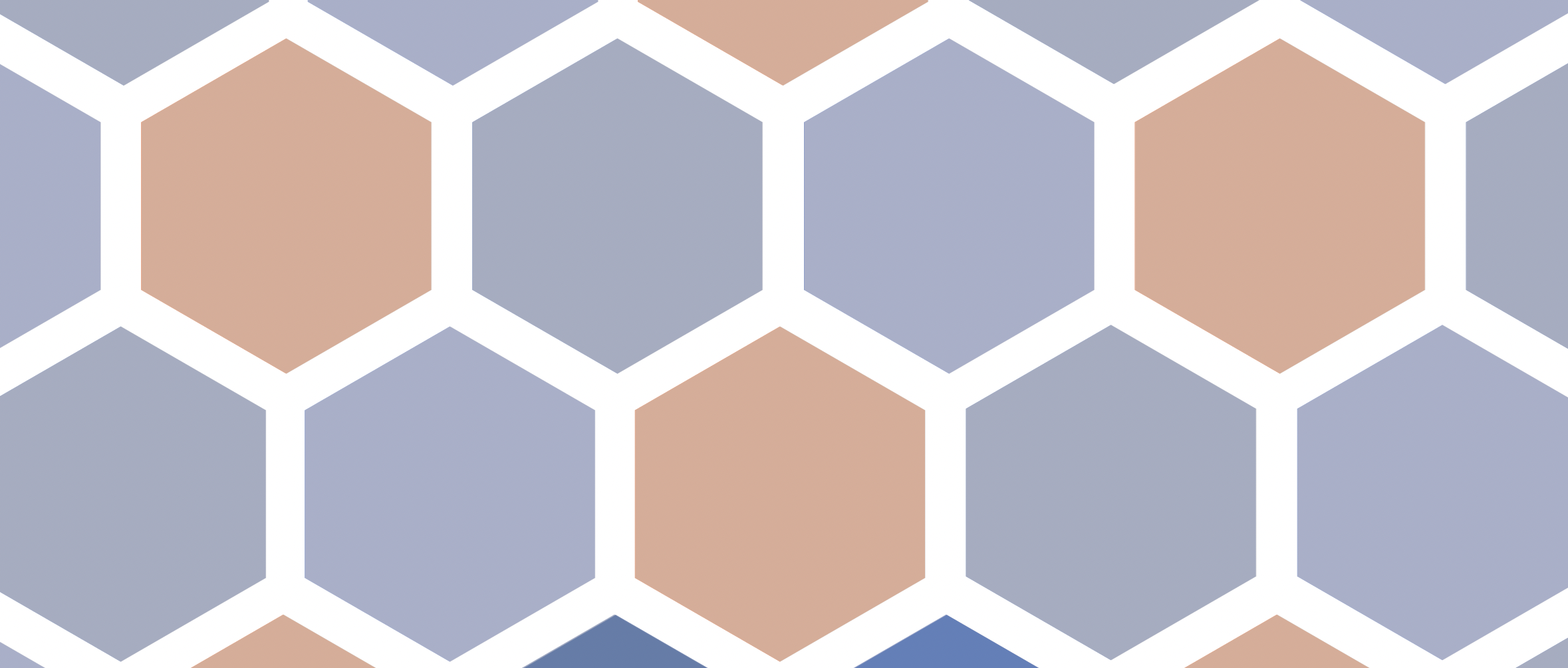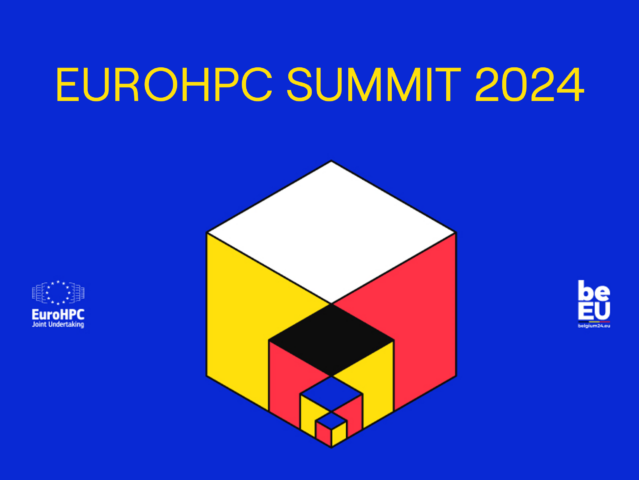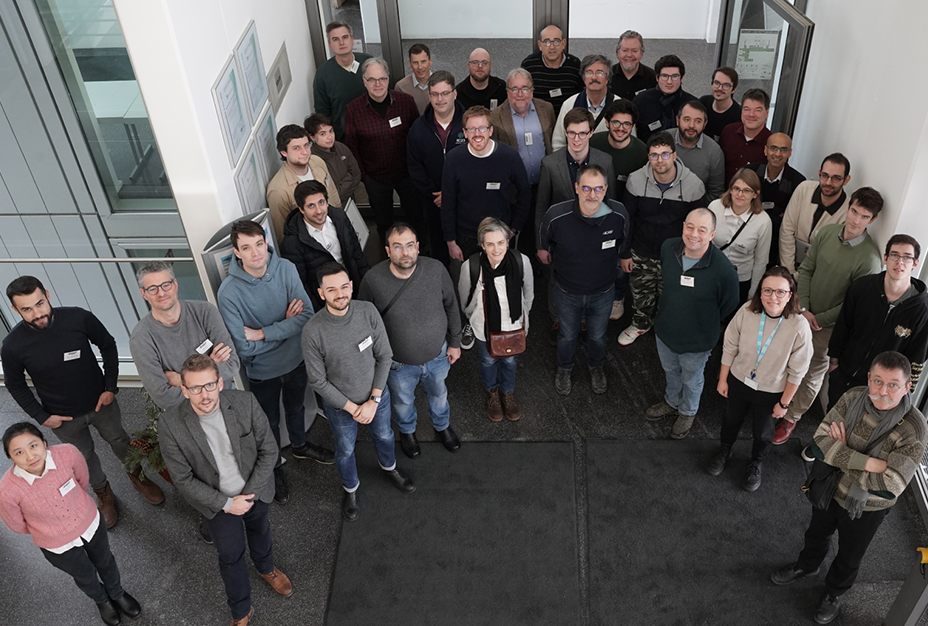Find out more about how the SEA projects work together.
Copyright © EuroHPC JU
Antwerp, Belgium
A final meeting in Antwerp – The SEA projects at the EuroHPC Summit 2024
DEEP-SEA, RED-SEA and IO-SEA are attending the final event of their project terms: the EuroHPC Summit in Antwerp, Belgium.
Copyright © Unsplash / Markus Winkler
Jülich, Germany / Les Clayes, France
The SEA projects – Preparing Europe for the future of supercomputing
Press release: A wide range of European partners worked together in the DEEP-SEA, IO-SEA and RED-SEA projects and created important results preparing Europe for the Exascale era in supercomputing.
Copyright © LRZ
Munich, Germany
SEA projects workshop a great success
Members of the three SEA projects are meeting in Munich for a final joint workshop on 16 January before participating in the HiPEAC Conference from 17-19 January.






